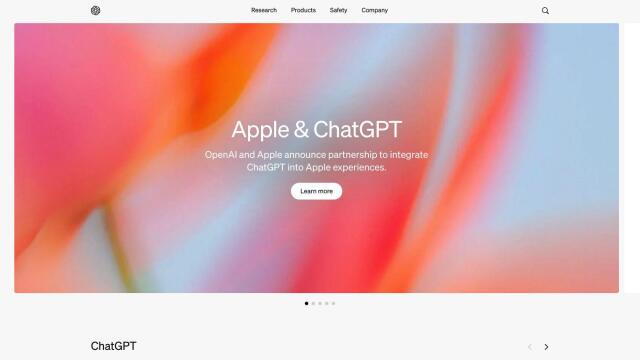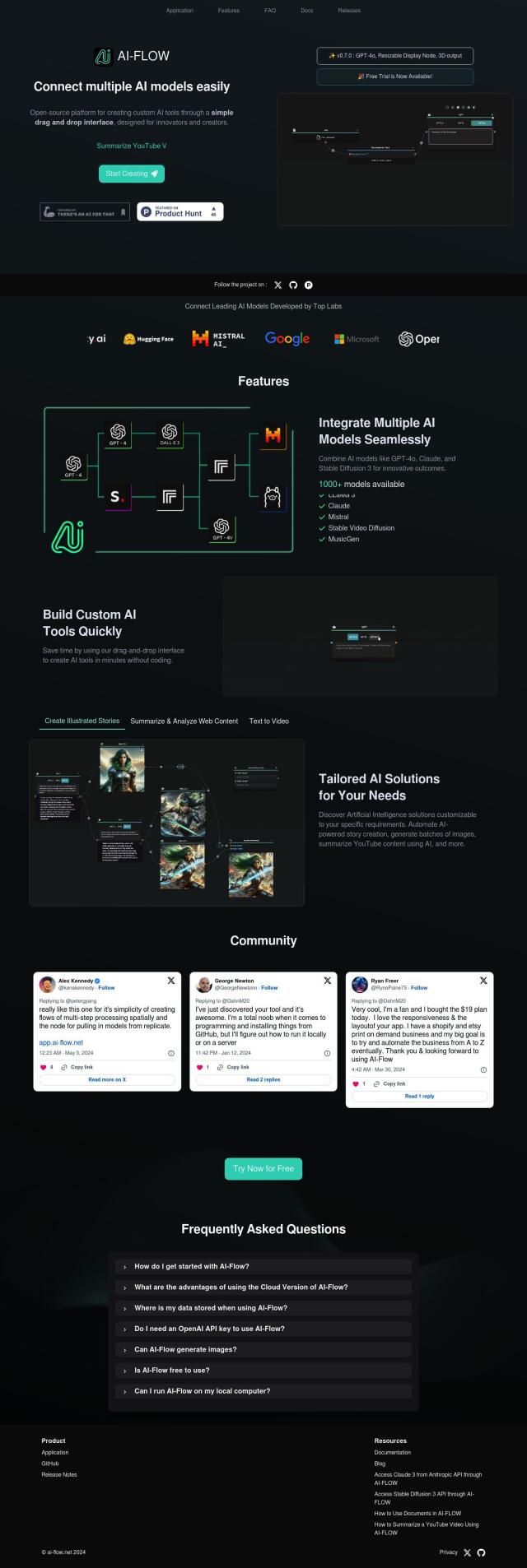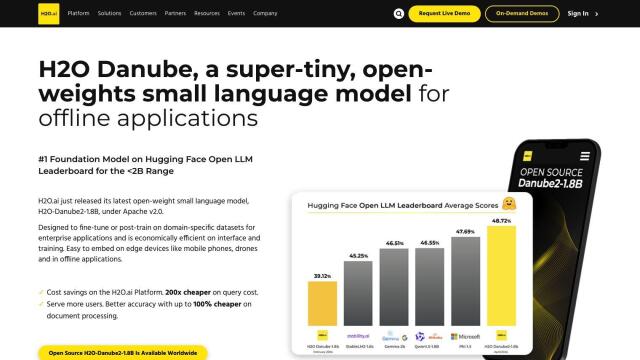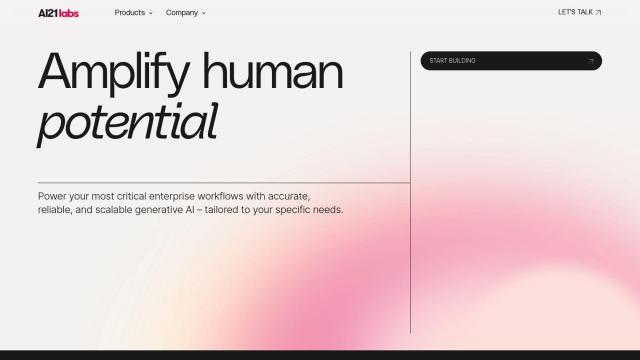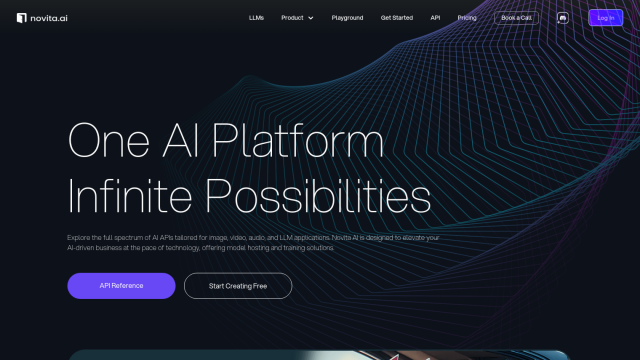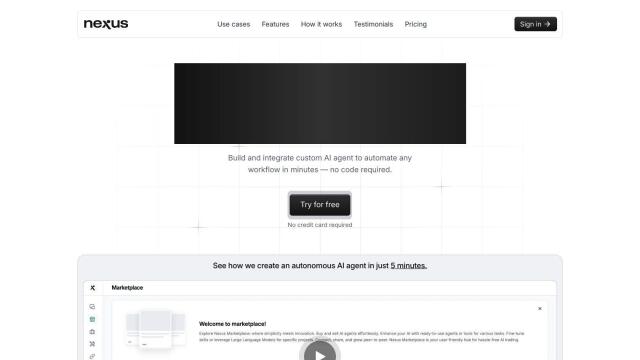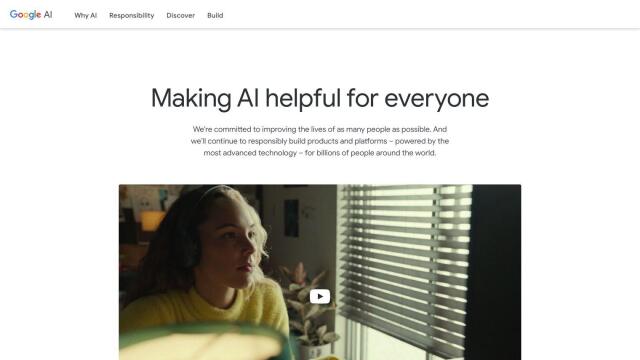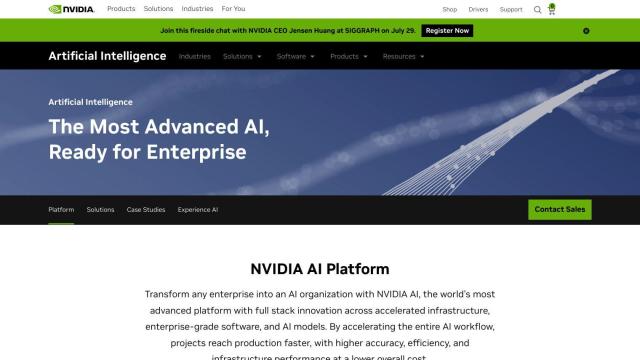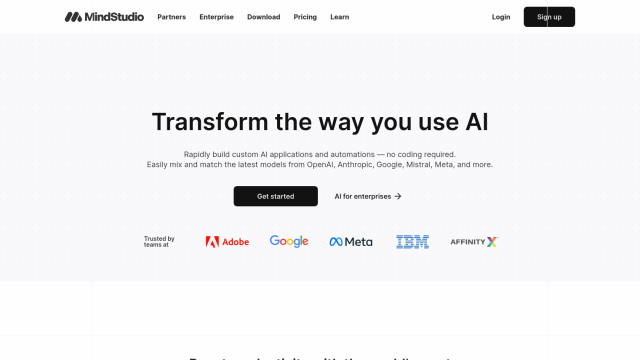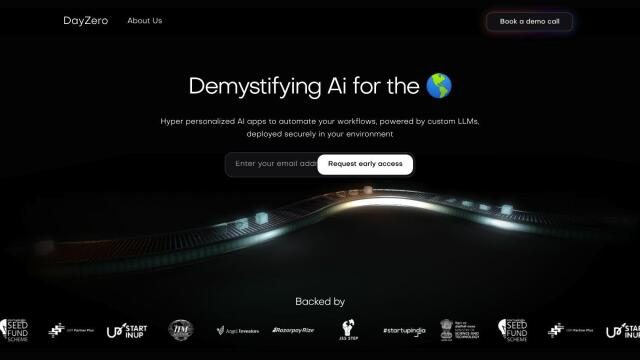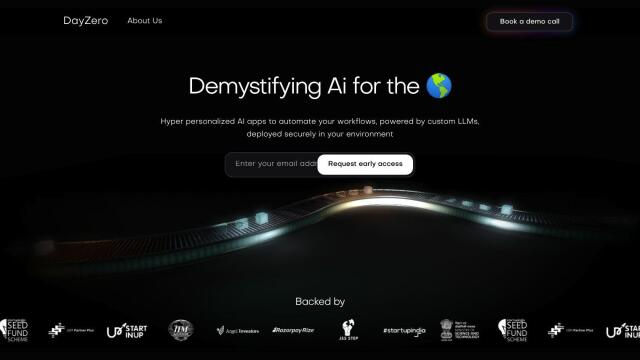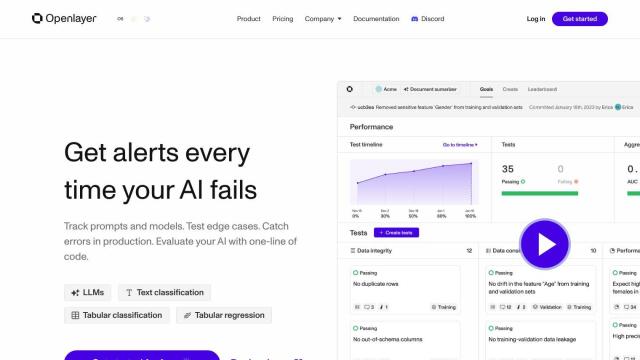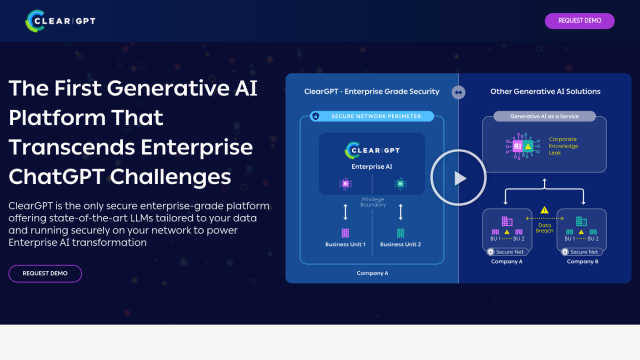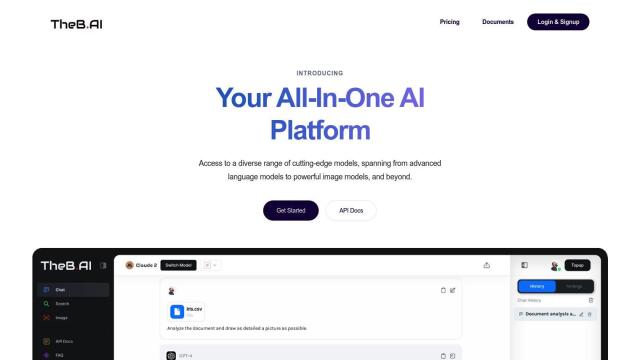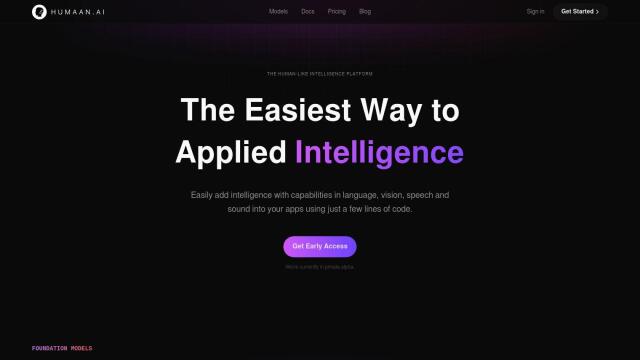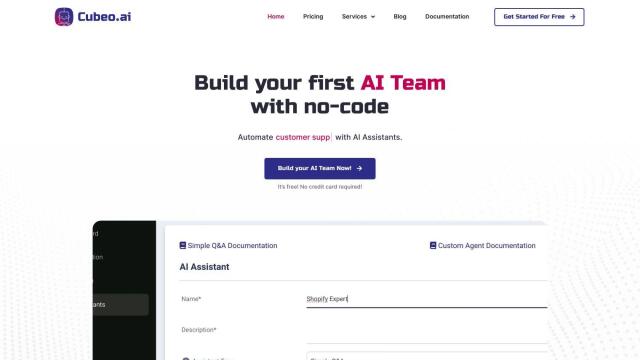Question: I'm looking for an open-source AI model that can be customized for my business needs, can you suggest one?


Dify
If you want an open-source AI model you can modify for your own business needs, Dify is a good option. It's an open-source foundation for building and running generative AI applications, letting you build your own assistants and GPTs based on Large Language Models (LLMs). With its visual Orchestration Studio, you can build AI apps, protect data pipelines and tune models. The platform also comes with customizable LLM agents, quick chatbot and AI assistant deployment, and creative document generation. Its different pricing tiers accommodate businesses of all sizes, from free Sandbox plans to custom enterprise options.

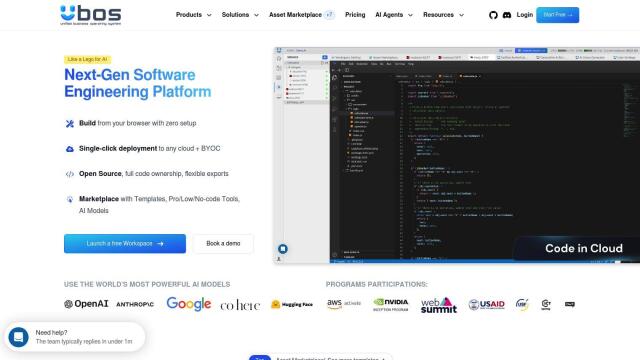
UBOS
Another option is UBOS, an all-in-one, low-code platform that lets you build your own Generative AI and AI applications right in your browser. It supports a wide variety of AI models, including LLMs, and can deploy with a single click to any cloud. The platform is geared for both technical and non-technical users, so it's good for startups and enterprises. With features like collaborative workspaces and AI model integration, UBOS is great for building applications like chatbots, admin panels and AI dashboards.
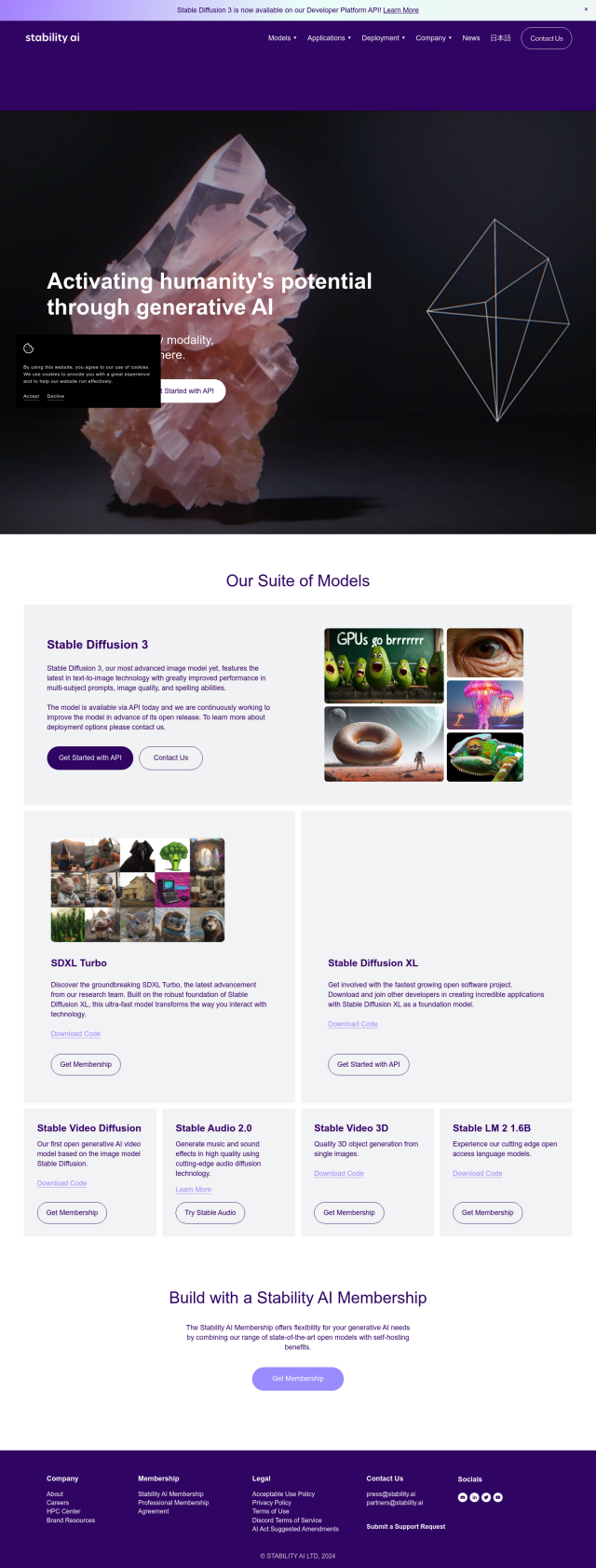
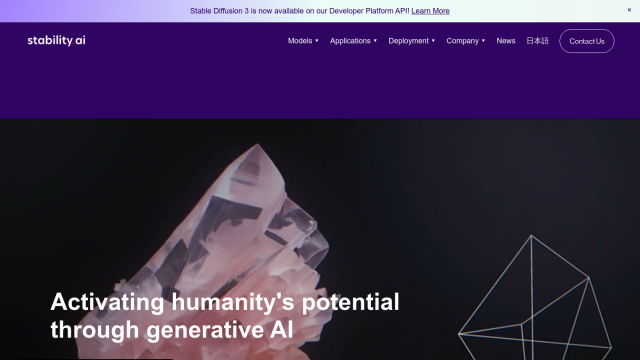
Stability AI
If you're looking for a general-purpose suite of generative AI models, check out Stability AI. The platform gives you access to models in the image, video, audio and language domains, with a mission to democratize AI for developers, researchers and individuals. With models like Stable Diffusion 3 and Stable LM 2 1.6B, Stability AI offers a range of tools for different use cases. The platform also comes with a Stable Assistant for chatbot functionality and flexible membership options, so it's a good place to start exploring generative AI.


ThirdAI
Last, ThirdAI offers a platform for large language models and other AI technologies that you can use without requiring special hardware. It's got tools for extracting specific answers from documents, customer experience improvements and generative AI for summarizing long documents. The platform is designed to fit into your existing workflows and infrastructure, with tiered pricing plans to accommodate different needs. That makes it a good choice for companies that want to build AI into their operations without a lot of disruption.



